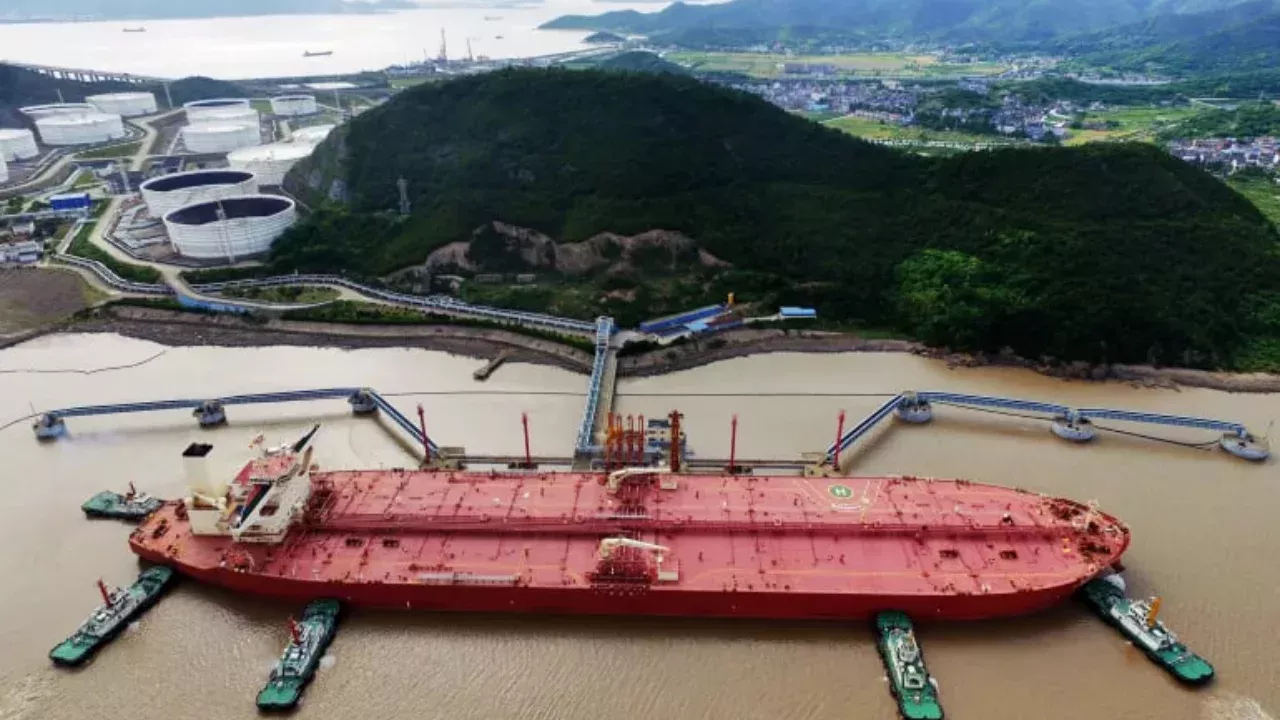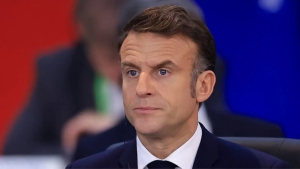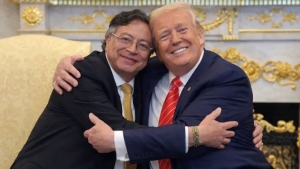China continues to purchase Russian oil

The global energy market is experiencing sharp conflicts. This was reported by Zamin.uz.
The United States and European countries are imposing strict sanctions and tariffs to limit Russia's oil revenues. Despite this, the Chinese government has announced that it will not stop purchasing Russian oil.
This was stated by U.S. Treasury Secretary Scott Bessent following trade negotiations with China in Stockholm. The Chinese delegation clearly stated that it will protect energy sovereignty and that its oil purchasing policy is based on the country's internal interests.
Bessent warned his Chinese counterparts about the consequences of purchasing Russian oil. It was emphasized that tariffs of up to 500 percent could be imposed by the U.S. and other retaliatory measures could be taken.
Additionally, U.S. officials expressed dissatisfaction that China is also purchasing sanctioned Iranian oil and continues to sell a large amount of various goods to Moscow despite sanctions against Russia. According to a new law passed by the U.S. Congress, the president has the right to impose tariffs of up to 500 percent on countries purchasing Russian oil.
This measure not only obliges the U.S. but also its allies to limit Russia's energy revenues. According to Reuters, China is currently the largest buyer of Russian oil.
It imports approximately two million barrels of oil per day. India and Turkey follow in the next positions.
Furthermore, U.S. President Donald Trump announced a new 25 percent tariff and high tariffs on goods imported from India. This measure will take effect on August 1, 2025.
Trump emphasized that India's purchase of military equipment and energy resources from Russia is obstructing the cessation of the war in Ukraine. Today, political and economic pressures in the global market are intensifying.
The oil trade between China and India with Russia is significantly impacting the economic and geopolitical situation in the region. In the coming weeks, how these conflicts will be resolved and which countries will yield to political pressure remains an important issue for international analysts and investors.







